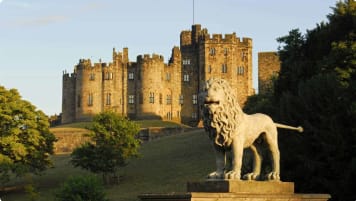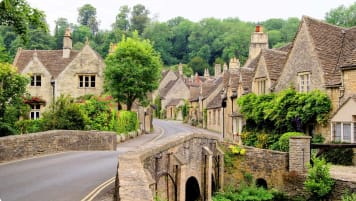Exploring Devon
Article about Devon for senior and mature small group tours couple and solo travellers interested in stone circles, the Romans or English history including the Industrial revolution.
18 Jul 21 · 6 mins read

Join Odyssey Traveller on this tour of the West Country of England and the fascinating areas of Somerset, Devon and Cornwall. This is an escorted small group tour for mature and senior travellers who are travelling with partners or as a solo traveller. This is a journey filled with stories of wreckers and ship wrecks, smugglers, pirates, medieval treasures, charming fishing villages along the Cornish coast, stunning cliff-top coastal views of the blue Atlantic, castles and romantic destinations traditionally linked to the legends of King Arthur, and the delights of ‘cream teas’ and Cornish pasties.
This article concentrates on the locations visited on the Devon section of the tour and starts with Bristol.
Bristol
Bristol is located about 190 km west of London at the joining of the Avon and Frome Rivers. Just west of the city, the Avon flows into the estuary of the River Severn, which itself empties into the Bristol Channel of the Atlantic Ocean. Bristol is an historic seaport and commercial centre. Its area is about 110 square km and its population in the 2011 Census was 428,234, but is now estimated to be 686,210.
The medieval town of Bristol was incorporated in 1155. The harbour was improved in 1247 by diverting the Frome to the west and building a stone bridge at the point of its former confluence with the Avon. During the reign of Edward III (1327-77) Bristol imported raw wool from Ireland and manufactured woollen cloth, which it sold to Spain and Portugal in return for sherry and port wine. By the 16th century Bristol had become a major port, a manufacturing town, and a distribution centre for both overseas and inland trade. From the city of Bristol, John Cabot sailed in 1497 on his voyage to North America.
During the later 17th and the 18th centuries Bristol prospered as a processing centre for sugar and tobacco (until 1740 when tobacco was shipped from the Americas to Glasgow for redistribution) imported from Britain’s colonies in the Americas, to whom it supplied textiles, pottery, glass, and other manufactured goods. The import of Jamaican sugar and cacao from West Africa led to the creation of the “sugar houses” of Bristol and to chocolate manufacture. By the 19th century, however, the rise of the Lancashire cotton industry, together with the limitation on shipping imposed by the Avon Gorge below Clifton, led to much of Bristol’s trade being lost to Liverpool.
The 1800s in Bristol demonstrated the ingenuity and cleverness of growing industrialisation. In 1809 tidal waters of the Avon and the Frome were diverted to create a floating, or tideless, harbour with a constant water depth. The engineer, John Loudon McAdam, improved Bristol’s roads (c. 1815) with his technique of laying raised-stone surfaces (macadamising), and the Bristol roads became a model for road improvements throughout Great Britain and the world. Bristol served as the launching point in 1838 for Isambard Kingdom Brunel’s Great Western, the second steamship to cross the Atlantic. The coming of the railway in 1841, followed by dock extensions at Avonmouth and Portishead, led to a revival of Bristol’s trade, and a suspension bridge across the Avon Gorge, designed by Brunel and completed in 1864, further encouraged traffic.

The history of Devon.
Devon
The history of the county of Devon goes back to at least the Stone Age. At the end of the last ice age, Devon was one of the first places to be settled as the ice retreated. An adventurous traveller can see some of the earliest occupied sites at Kents Cavern (a series of caves) near Torbay, an Ancient Monument.
Up on Dartmoor, the history stretches back at least 8,000 years. It was not a moorland before modern humans arrived: it was oak forest. Settlers burned and cleared the land, which then regenerated as moorland. When farming technology arrived, the Neolithic peoples farmed and settled the land, leaving some of the most distinctive ancient relics in the UK behind: huge granite stone circles, menhirs, burial mounds and settlements. The oldest buildings in the UK are found here. Tin, copper, and lead mining was a major part of Devon’s ancient economy, with Devonshire tin being used in bronze across Europe during the Bronze and Iron ages. Ancient pre-Roman mines can still be explored.
The Romans arrived in Britain in AD 43 and stayed for around 400 years. However, in all that time they made a surprisingly small impact on Devon. Exeter (camp on the Exe) is a Roman town and has some fine Roman walls that can still be seen. On the whole, the Dumnonii, as the locals were called by the Romans, resisted Romanisation.
Dumnonii is the ultimate root of the name Devon. It is thought to refer to a Celtic tribe who lived in Cornwall and Devon at the time of the Roman invasion. The name possibly means “deep valley dwellers”, or “worshippers of the god Dumnonos”, but nobody knows for sure. As with Cornwall, the name for a local tribe came to mean the area they were found in. As they died out or changed, the name stuck and eventually evolved into Devon.
The kingdom of Dumnonia was a client of the Roman Empire, so it retained a lot of its autonomy in exchange for peace and trade. When everything fell apart in Rome, the Dumnonii expanded but retained a lot of the useful Roman aspects they had absorbed, like the structure of their church.
Although the Romans had left, their religion survived. Christianity spread across the island and by the 6th century, Dumnonia was Christian. Monasteries and cathedrals were built in the coming years.
Anglo-Saxon Invasion
The Anglo-Saxons came from what is now Germany and Holland, spreading from the East coast of England to eventually conquer most of the island. By the mid9th century, they had conquered the Cornish and Devonshire folk and subjugated them. Devon would never again be independent of rule from England. Once the last king of Cornwall was killed, the slow decline of the Western Peninsula as a culture independent from the English began. The peoples of Devonshire were known at this time as Cornish or West Welsh, which shows their Celtic heritage and their close association with the Welsh peoples to the north across the Bristol Channel. Unlike Cornwall, Devon was assimilated into Anglo-Saxon culture during the reign of Æthelstan (924 – 939), who set the border between Anglo-Saxon Wessex and Celtic Cornwall at the River Tamar, even today the border between Cornwall and Devon.
Vikings
Exeter played an important role in resisting the Viking invasions that began in the 9th century. However, in 1001AD, the Devonians were crushed and the Vikings made an attempt at settling the land. A few remnants of their occupation remain in place names like Lundy Island.
Norman Invasion and Occupation
Exeter resisted the Normans impressively enough that King William was only allowed into the city on honourable terms. He had understood the importance of Exeter and it continued to have important roles in the rebellions of the next few hundred years. The French invaded England through Devon several times, and the Yorkists and Lancastrians fought battles across the county during the Wars of the Roses.
Religion
The Prayer Book Rebellion started and ended in Devon, with the rebels eventually being slaughtered at Sampford Coutenay. This rebellion (in which thousands were killed in battles or executed) was over the introduction of the Book of Common Prayer (Church of England and in English) to replace that of the Church of Rome in Latin. During the Civil War, the region escaped much of the bloody fighting that took place elsewhere.
Sea Faring and Empire
The second man ever to make a full circumnavigation of the earth came from Devon: Sir Francis Drake. He also helped defeat the Great Armada. As trade and exploration (more plundering than anything) became increasingly important to England, the port of Plymouth grew. The rest of the county remained agricultural into the 20th century, but Plymouth was an important trade hub and a centre of military operations.
By the World Wars in the 20th century, Plymouth had become one of the most valued ports in the country. Accordingly, it was bombed flat. Throughout it all, mining remained a mainstay of the economy. At one point, the copper mine at Great Consols was the largest miner of copper in the world. When the output of copper declined, arsenic was extracted from the copper dumps and the mine became the largest extractor of arsenic in the world.
Today
These days, the economy is mostly agricultural and tourism-based. The Devonians are proud of their history and love to talk about it. Devon, also known as Devonshire, is a cultural bridge between Cornwall and ‘up country’ (as the locals call England). Devon is home to some of Great Britain’s most stunning scenery. Unique among English counties, it has two coastlines: south to the English Channel and north to the Bristol Channel and Celtic Sea. Exmoor and Dartmoor, in North Devon, offer southern England’s wildest scenery; while the cliffs of Devon’s northern coast are the remotest coastline in England, at points inaccessible by land or sea.
Devon is perhaps most famous for giving the world Devonshire tea, known locally as a ‘cream tea’. However, this seemingly innocuous tradition is the subject of fierce debate in the West Country, with Devon and Cornwall both strongly disputing which county originated the tea, and how best to serve it: Devonians place the clotted cream directly onto the scone, before topping it with a dob of jam, while the Cornish place jam first, then a dob of cream. The latter is the method followed by Her Majesty Queen Elizabeth II. The cream is clotted cream, not really known is Australia and is totally sinful.
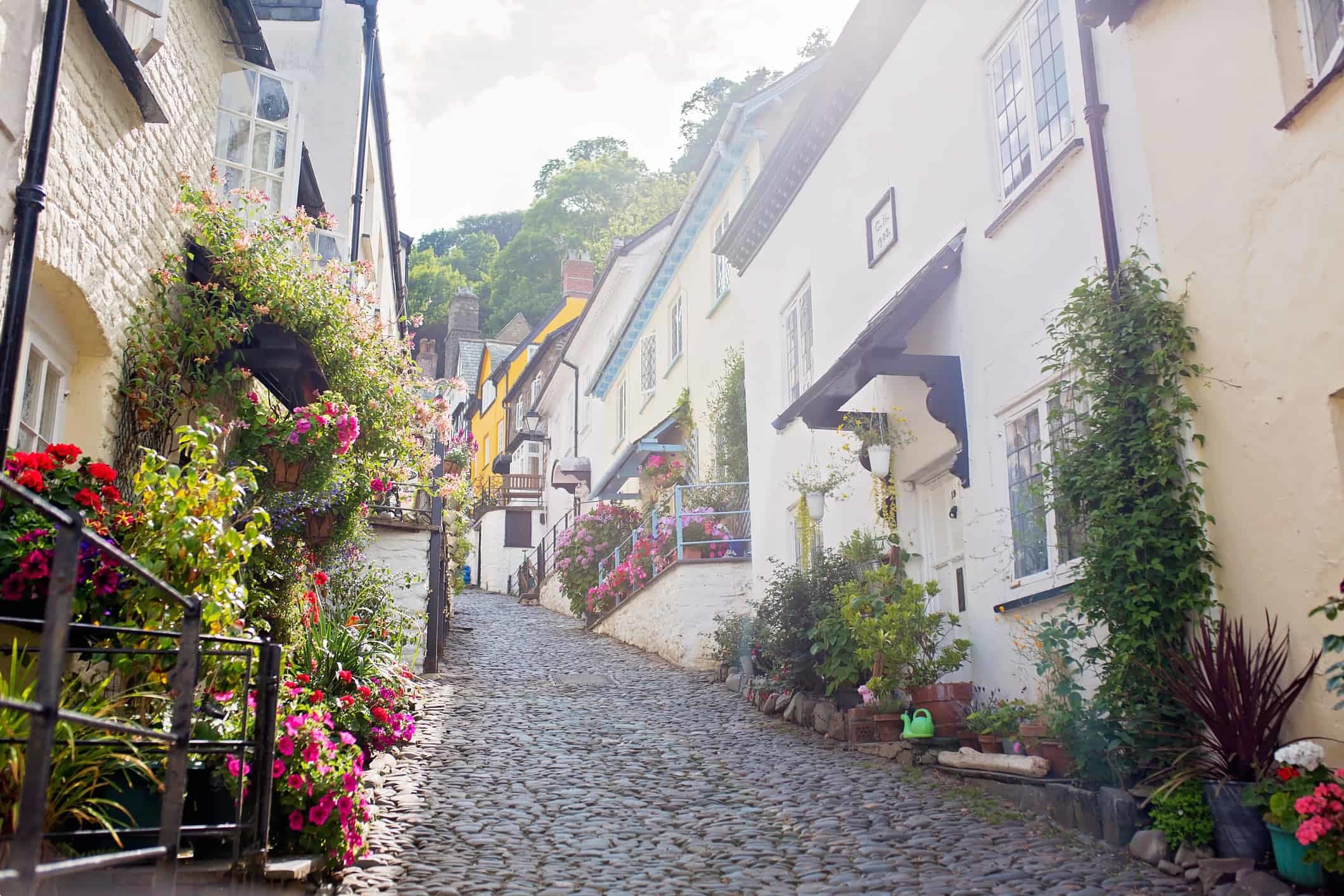
Related Tours
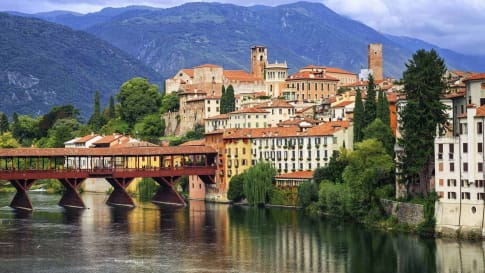
22 days
Oct, AprTour of Northern Italy's Lakes and Alps
Visiting Italy
A European tour to the stunning Lakes Region of Italy. Your travel experience begins in Milan, daily itineraries include two of the region’s lakes - Garda and Maggiore, plus the Roman villa Desenzona and a day in Cinque Terre. Local guides share experience and knowledge with you on this escorted small group tour for couples and solo travelers.
From A$14,895 AUD
View Tour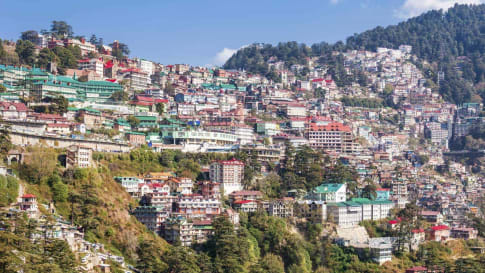
15 days
OctNorth East India small group escorted cultural tour
Visiting India
A unique small group cultural tour visiting the North East region of India, this tour was created for seniors travelling as couples and solo travellers. As we journey through the magnificent landscape and culture we stop to explore Darjeeling, which shares history with Bengal, Sikkim, and Nepal, as well as Tiger Hill, where we witness the changing colours of the sunrise in the Himalayan Range.
From A$9,750 AUD
View Tour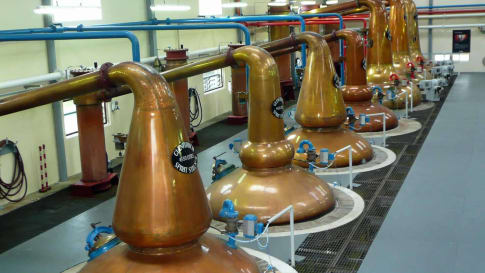
19 days
JulWhisky and Other Scottish Wonders
Visiting Scotland
A guided small group tour of Scotland is a day tour collection that includes Edinburgh, the royal mile, Edinburgh castle, and the old town a UNESCO World heritage site Experience and learn about, Kellie castle, St Andrews, Skye, Balmoral castle, Loch Lomond and Loch Ness as well touring the Scottish highlands to finish in Glasgow.
From A$18,395 AUD
View Tour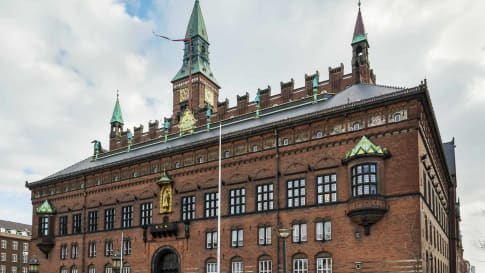
20 days
Aug, MayTour of Denmark's Culture & History
Visiting Denmark
Experience group travel for couples and single travellers to Denmark. This European tour provides a travel experience based around key destinations and itineraries that provide authentic experiences in Denmark .A single supplement applies for solo travellers.
From A$15,895 AUD
View Tour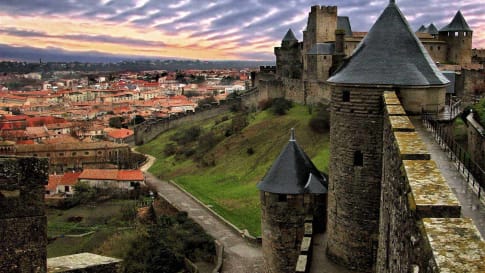
11 days
SepLa Belle France Small Group Short Tour
Visiting France
On this small group tour of France, we visit several culturally significant and picturesque regions of France, including Provence, Champagne, Burgundy. We learn about each region's history from expert local guides with a chance to experience the local culture, and taste the regional cuisine.
From A$11,875 AUD
View Tour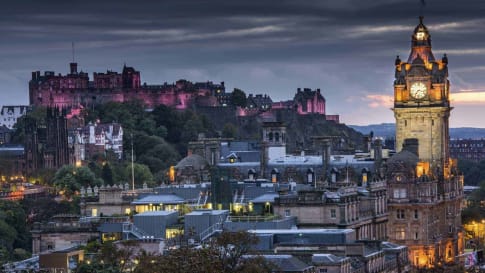
From A$15,995 AUD
View Tour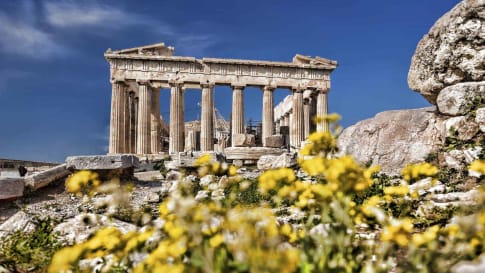
22 days
Apr, Sep, MayGreece small group escorted history tour
Visiting Greece
Our 22 day small group tour explores the land of great philosophers, myths, and legends. We will learn about the culture and heritage of modern Greece whilst exploring and learning Athens, which only found independence in its uprising from the Ottoman Empire in the 19th century.
From A$14,145 AUD
View Tour
16 days
Apr, Aug, SepMadagascar Small Group Tour | The island of Lemurs & Avenue of Baobabs
Visiting Madagascar
On this small group tour we explore the country’s natural wonders as well as its colonial past. Madagascar has a range of extraordinary plant and animal life which we will have the chance to view in the island’s National Parks and Nature Reserves. While on the tour we will also learn about both the Portuguese and French periods of control.
From A$14,295 AUD
View Tour
26 days
AprWestern Europe Chateaux and Gardens | Small Group Tour for Seniors
Visiting Belgium, France
This small group escorted educational tour combines visits to France, Belgium, Luxemborg, the Netherlands, and Germany. During the 26 days, we will discover a selection of the finest gardens and chateaux in Europe. Our destinations also include several UNESCO World Heritage Sites, for example the royal palaces built by the Prince-Bishop of Cologne in Brühl, Germany.
From A$15,745 AUD
View Tour
19 days
AugHistory of Croatia small group tours for senior travellers
Visiting Croatia
Spend 19 days touring Croatia, starting in Zagreb then travel south following the coast, where trade and the influences of the outside world made its mark. Travelling with like minded people in our small group we will explore the country in depth with great local guides and stay in key historical area such as Porec, Zagreb and Dubrovnik.
From A$14,295 AUD
View Tour
11 days
FebTaiwan Lantern Festival small group tour
Visiting Taiwan
A small group tour for senior couples and solo travellers to Taiwan. Held annually on the first full moon of the lunar calendar, the Lantern Festival is one of the most fascinating festivities around the globe. The Pingxi Sky Lantern Festival is part of this spectacular Festival. Our Taiwan Lantern Festival program includes Taipei and its Sky Lantern Festival and its impressive Taipei 101 Tower.
From A$9,150 AUD
View Tour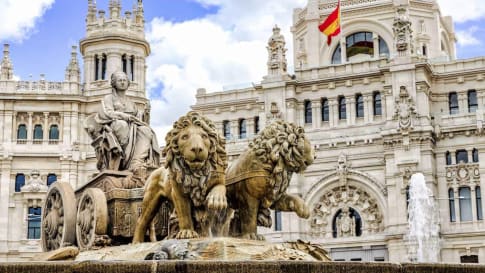
11 days
Sep, Apr, AugShort Spain Tour for senior and mature travellers
Visiting Spain
Join our small group guided tour of Spain, exploring this fascinating country over 10 nights with like minded people. We start in Barcelona and make our way slowly towards Madrid. Enjoy the food and culture while learning about the history of each location from our expert local guides and Odyssey Program Leader.
From A$7,610 AUD
View TourRelated Articles

10 Books to Read If You Are Planning to Visit Britain
10 Books to Read If You Are Planning to Visit Britain For Odyssey Travellers, Britain has and remains a key destination in the organisation’s collection of escorted small group educational tours offered each year. For…
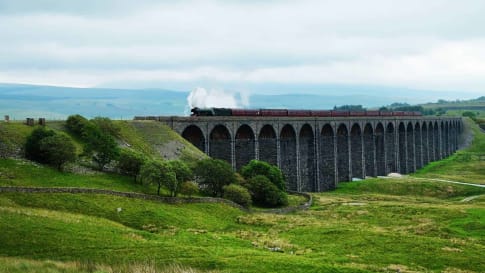
15 books on Britain's Industrial Revolution
Fifteen books on Britain’s Industrial revolution This reading list on Britain’s Industrial revolution complements Odyssey Travellers escorted small group tour that traces via the canal and railway network, the evolution of this monumental change in…
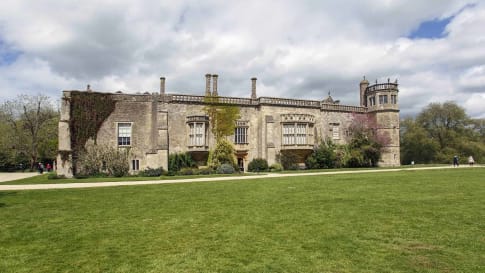
Britain’s National Trust role for successful small group history tours
Britain’s National Trust: Historic houses, gardens and natural wonders Britain is home to many attractions, many of them rich in the region’s history. Sites and artefacts are preserved beautifully, and […]

Dartmoor, England
Article about Dartmoor a unique landscape setting in England. Learn more before joining a educational small group tour for senior couple and mature solo travellers visiting Britain's England, Scotland and Wales.
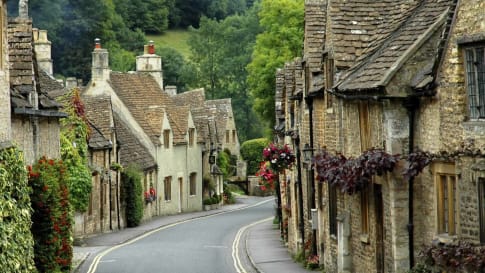
English Village History
An English Village history. Prepared for mature and senior travellers, couples or solo traveller considering joining a small group tour of England's villages.

Exploring Jane Austen’s England
Exploring Jane Austen’s England Jane Austen The reach and magnitude of Jane Austen’s influence on modern readers may make one forget that she only had six novels to her name (three of which were published…
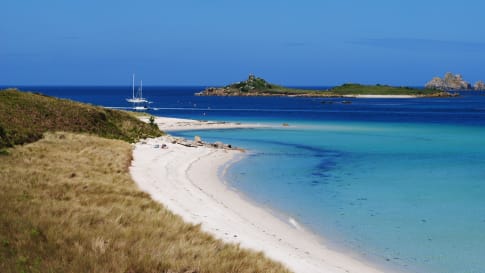
Isles of Scilly, England
The Scilly isles form part of a day trip on the escorted small group tour of Devon and Cornwall for seniors and mature travellers. Whilst on this tour the group also visit St Michaels Mount, Penzance, Glastonbury and Tintagel.

Lynton and Lynmouth, England
Article about Lynton and Lymouth for senior couples and mature solo travellers. Explore Devon and Cornwall as part of a small group tour of England by coach or on a walking program.

Questions about England
Escorted small group tours for mature and senior travellers to England. Designed for couples and solo travellers who like to explore and enjoy learning as they travel to Devon and Cornwall, Manchester or Newcastle, or learn about English villages and the romanticism of the Lake district and beyond.

Six Short Walks through Britain
Six Short Walks through Britain Britain is renowned for its walking trails, and many world travellers choose to roam its green, rolling lands. How better to get a sense of its dramatic landscapes? From granite…
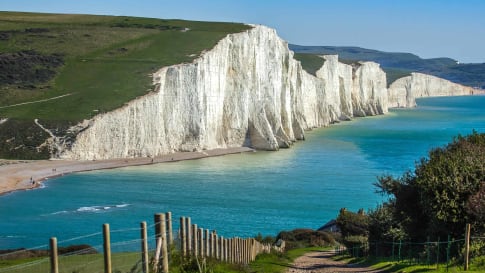
South Downs Way, England
South Downs Way is a coastal walk starting in Winchester, England. An ancient Pilgrims walk. Learn more on a educational small group tour for senior couples and mature solo travellers to England.
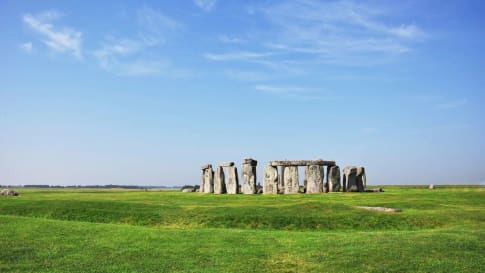
Standing Stones in Prehistoric Britain
Standing Stones in Prehistoric Britain Stonehenge, England, United Kingdom The standing stones of Great Britain continue to be the subject of research and archaeological hypothesis. Britain is not the only location where standing stones are…
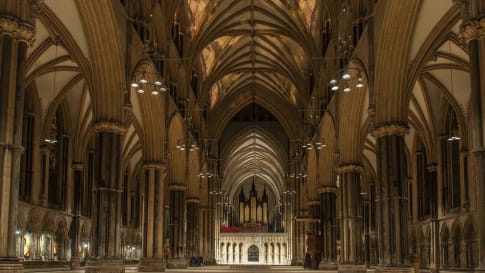
Traveller's Guide to Medieval England
A travellers guide beyond the landscapes of Medieval England supporting Britain's history from the Roman's to Queen Victoria and the industrial revolution.
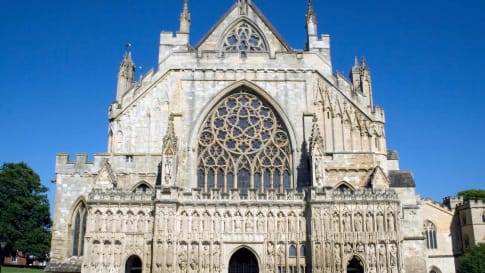
The Exeter Book
The Exeter book, an important Anglo Saxon work of literature preserved in Exeter Cathedral. Exeter is visited on a small group educational tour for senior couples and mature solo travellers as part of a collection of British escorted tours.
